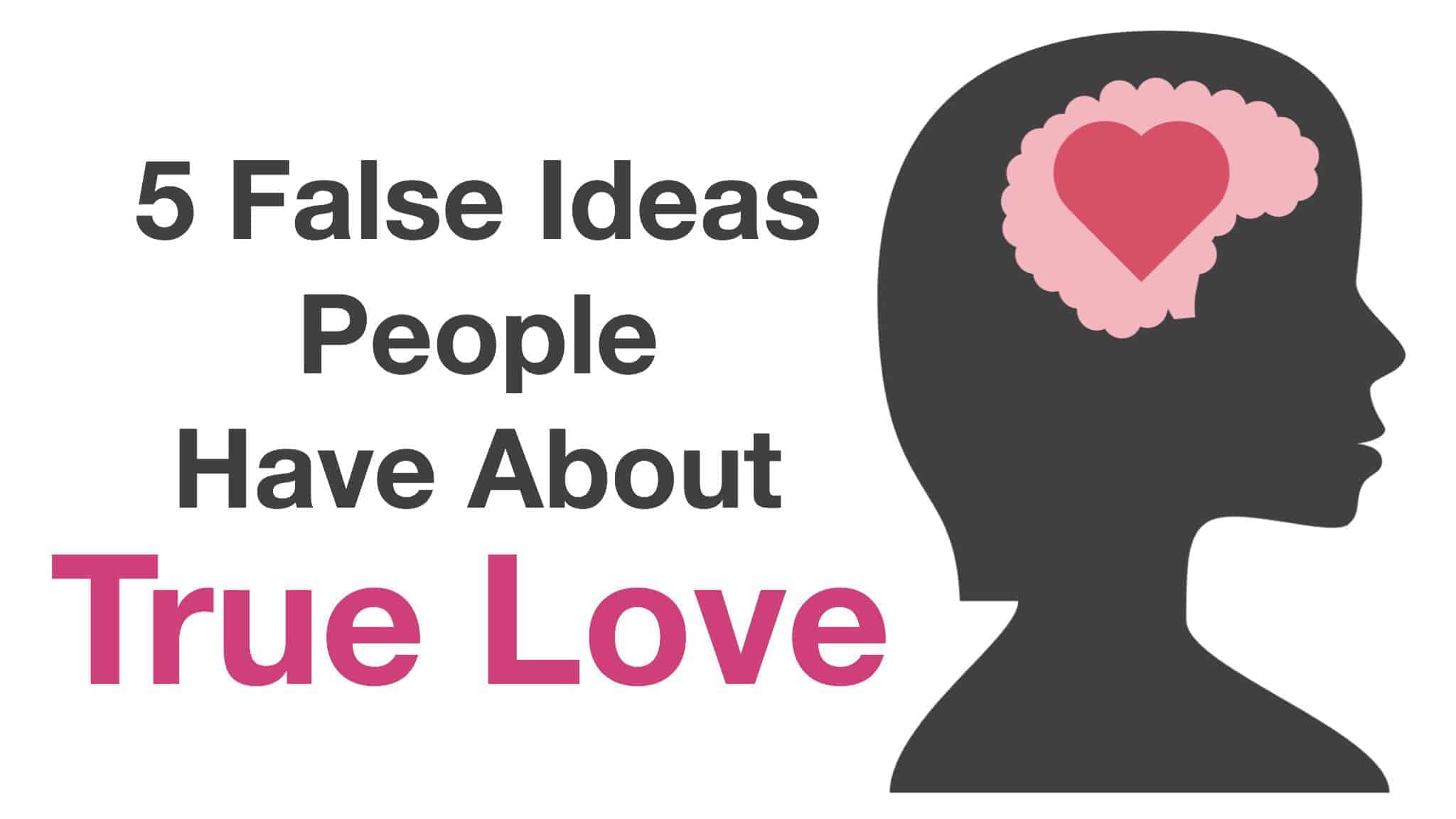It is human nature to entertain and explore thoughts of expectations, especially when it comes to love. We naturally possess certain expectations of both ourselves and others. For example, it’s reasonable to expect others to act civilly and humanely – to respect the generally-accepted “social contract.”
Then there’s the person whose expectations of others are both unrealistic and often inappropriate; these expectations are often present in intimate relationships, as well.
Tarra Bates-Duford, Ph.D. and a Marriage/Family Therapist explains:
“Invariably, unrealistic expectations are positively correlated to issues of power, manipulation, and control. (A lot) of romantic relations begin between partners who are unaware of each other’s weaknesses or insecurities.”
Part of having a responsible mindset is forgoing the notion that someone else can make you happy. “Instead of looking to others to meet our needs, we must take responsibility for our own life and make necessary changes that are in our best interest,” explains Bates-Duford.
Having realistic expectations in an intimate relationship requires that we first acknowledge and accept one another’s strengths and weaknesses. In other words, choosing to accept and love your partner for who they are who they are not; effectively dismissing the naive view that your partner should “fill the voids” of something you may lack.
Relatedly, this article focuses on five things we should never expect in a relationship. We also include some tips on dealing with these thoughts and feelings.
First, the five things that we shouldn’t expect in a relationship:
“We believe (as we often did in childhood), that if we try harder, and perform for approval, others will take notice, be impressed with both our attempts and behaviors, and will fill the void in our relationship. However, when unrealistic expectations exist, the void remains and the expectation illusion continues.” – Tarra Bates-Duford, Ph.D., MFT
1. That our partner understands our feelings
Feelings are both highly complex and open to interpretation. As such, it is unrealistic (and irrational) to expect our partner to completely understand what’s going on under the surface at all times.
If your partner has a “hunch” to what you may be experiencing, he or she will often – but not always – question you about it (e.g., “Is everything okay?”). Absent our partner’s inquisition; it is necessary to reach out and inform him or her of what’s going on.
2. That a love relationship should be void of conflict
Every relationship type is subject to conflict from time-to-time. Why expect an intimate relationship to be any different?
(Of course, any form of abuse, verbal or otherwise, is not and should not be interpreted as an acceptable form of conflict.)
Conflict with our partner can be natural and even be healthy. Reasonable conflict should be viewed as merely another form of interaction; when both individuals can come to grips with and reconcile any differences. Healthy conflict helps build admiration, rapport, and trust in a partnership.
3. For things to work, we must spend most of our time together
Preserving one’s sense of identity requires some alone time now and then. Maintaining a healthy relationship requires spending time together. How are both individual and relationship needs adequately met? Answering this question is not always easy.
Theresa DiDonato, Ph.D., is a social psychologist who specializes in different aspects of romantic relationships. She recommends five ways of addressing the “time issue”:
– Don’t expect your partner to mirror your needs. Acknowledge they may require more or less time apart.
– Ask your partner if you’re devoting enough time to the relationship. Reach a compromise.
– Integrate your partner into your social circle, which provides a new context for the relationship to develop and grow.
– Keep a date night or weekend on the calendar.
– Understand the “ebb and flow” of a relationship, e.g., a new job, added stress, etc. Continue to persevere while nourishing the relationship.
4. That relationship “bliss” of true love won’t fade
Similar to the inevitable “ebb and flow” of a relationship, our feelings of “bliss” for each other aren’t always present. Instead, the “honeymoon phase” of a relationship is just that – a phase. It’s sophomoric to expect our partner to continually bring us joy as if they can release endorphins at-will.
Infatuation becomes love, and love is not something that’s easily definable. The truth is that love gives us comfort – and our partner is no exception.
Trust in your love for your partner, and trust that they love you. That’s where the real joy resides.
5. That a good relationship doesn’t require effort
As two people become more familiar and comfortable with each other, we sometimes subconsciously think that the “work is done” so to speak. This is a very common and unrealistic expectation and one that can inflict harm if we so allow.
“Every relationship needs proper time, effort, love, affection, patience and dedication to grow and remain strong,” explains Bates-Duford, “If your relationship is going through hard times, it doesn’t mean that your love for each other is gone. It simply means that your relationship requires more effort, patience, love and commitment to deal with problems and conflicts.”
Final Thoughts on the Expectations of True Love
Unrealistic expectations may be the leading cause of deteriorating relationships. Anger, frustration, and impatience are emotional byproducts of unreasonable expectations – all are emotions that, once they peak, can contribute to a relationship’s end.
The solution, then, is to communicate effectively, honestly, and with consistency. Bringing up certain aspects of a relationship (e.g. sex, finances, personal needs) are often uncomfortable, but are nonetheless necessary for a healthy, thriving partnership.
A partnership, after all, involves two individuals – each with their own needs and desires. For the sake of your relationship, communicate these needs and desires to your partner.
If what you’re thinking and feeling is meaningful to you, remember that they’re likely just as meaningful to the person who loves you.














 Community
Community

